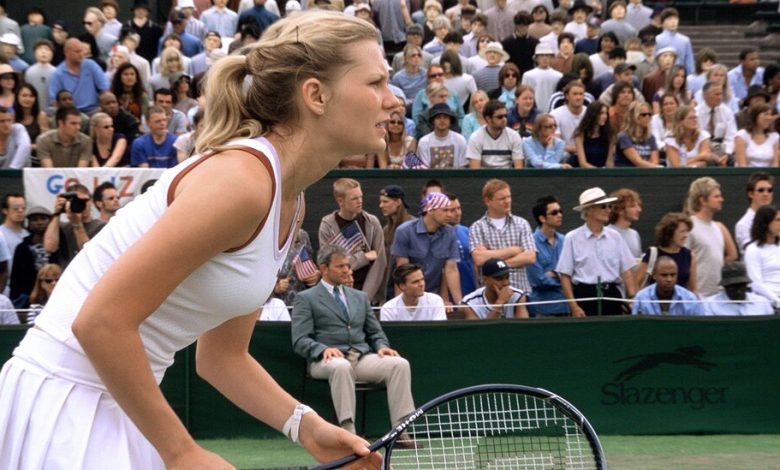What I Read and Watch to Decompress

It has been an intense couple of weeks here at Interpreter HQ. “India’s Daughters,” the special newsletter series that I created with my colleagues Emily Schmall and Shalini Venugopal Bhagat, premiered last week. There will be a new chapter on Friday, and you can catch up with the first installment here if you missed it.
I’ve also been reporting on violations of international law in Israel and Gaza for the last two weeks, work that has built on the extraordinary efforts of my colleagues who are reporting from the region, sometimes at great personal peril. But even though I’m far from the fighting, thinking about war crimes and atrocities every day has taken its toll — and created a stark divide in my reading and watching habits.
On one side of that divide are the many treaties and legal sources I’ve been consulting, filling my browser’s tabs with various Geneva Conventions, expert commentaries, international criminal laws and military manuals on the laws of war, as well as reports from The Times and other sources on what’s actually happening to civilians on the ground.
The other, entirely different category is made up of the things I’ve been reading and watching to try to relax after long days at work — all of which are about as far from violence and war as anything could be.
Longtime readers will probably guess that “Pride and Prejudice,” by Jane Austen, is at the top of my decompress-and-disconnect list. As I’ve mentioned before, that’s always the first book that I pick up when I can’t sleep or otherwise need to calm my frenzied brain. But lately I’ve been pairing it with “The Scandalous Confessions of Lydia Bennet, Witch,” by Melinda Taub, an alternative retelling of the story with a couple of big twists. Full disclosure: The author is my sister, so I won’t offer my own review here. Instead, here is what Amal El-Mohtar had to say about it in The Times:
I also find sports narratives soothing. “Beckham,” Netflix’s rose-tinted documentary about David Beckham, is structured around a series of pivotal soccer matches in his career, which turned out to be ideal for me: The games generate enough suspense for the episodes to hold my attention — Will he score? Who will win?— but, because they mostly happened a decade or two ago, no actual stress about the results.
The sports angle probably also explains why I always find “Wimbledon,” a 2004 movie starring Kirsten Dunst and Paul Bettany, so relaxing. Although it is nominally a romantic comedy, the action is, as in “Beckham,” built around a series of tennis matches, with barely a gesture toward otherwise keeping the main characters apart. As someone who isn’t a particularly fervent fan of even real tennis matches, I find fictional ones pleasantly untaxing.
On days when I want to unwind but don’t feel like I could handle even a Nora Ephron amount of emotion, “Wimbledon” it is.
Reader responses: Books that you recommend
Margot Miller, a reader in Easton, Md., recommends “The Most Secret Memory of Men” by Mohamed Mbougar Sarr:
What are you reading?
Thank you to everyone who wrote in to tell me about what you’re reading. Please keep the submissions coming!
I want to hear about things you have read (or watched or listened to) that you recommend to the Interpreter community.
If you’d like to participate, you can fill out this form. I may publish your response in a future newsletter.





